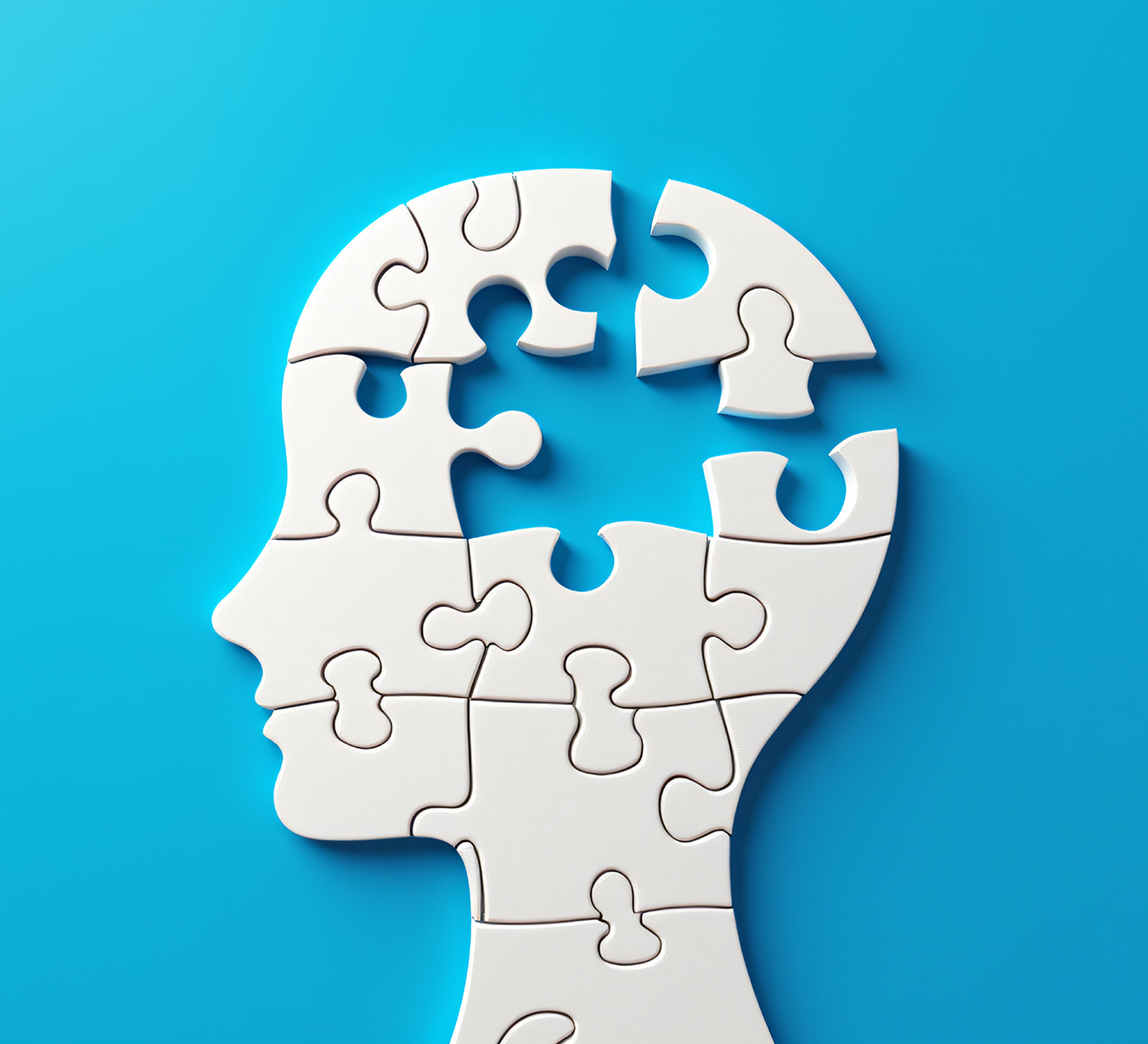MyCentralJersey.com
– January 28, 2014
By Valerie Minard
Remember when a childhood temper tantrum, grief over a loved one’s passing or the euphemistic senior moment were considered “normal” parts of life’s challenges?
Well, the recent update of the American Psychiatric Association’s (APA) Diagnostic and Statistical Manual of Mental Disorders (DSM-5) — the leading authority on mental health diagnosis and research — has changed all that. Now grief over a loved one’s death could be diagnosed as severe depression. Tantrums or senior moments could be characterized as some cognitive disorder.
But critics like Gary Greenberg, a psychotherapist and author of “The Book of Woe: The DSM and the unmaking of Psychiatry,” says the APA has gone too far. He believes they are undermining the “normal” human condition with the label of “mental illness” — increasing the trend toward a pill-popping culture. According to Greenberg, the DSM is a “fiction.” The new classification gives psychiatrists “dominion over the landscape of mental suffering,” thereby creating a culture where “countless millions are hooked on powerful antidepressants to cure a mythical “chemical imbalance, while rates of mental disorders in children, including autism, bipolar illness and ADHD have rocketed.”
In his book, Greenberg claims that the DSM has created “false epidemics” of overdiagnosis and overtreatment. For instance, when the diagnostic threshold for bipolar disorder was lowered in 1994 to include people without full-blown mania, diagnoses for its treatment skyrocketed along with prescriptions for mood stabilizers and anti-psychotic drugs.
Allen Frances, author of “Saving Normal: An Insider’s Revolt Against Out-of-Control Psychiatric Diagnosis, DSM-5, Big Pharma, and the Medicalization of Ordinary Life,” a semiretired psychiatrist who served as chairman of the task force behind the DSM-5 [DSM-IV], agrees with Greenberg. He believes the United States is at a dangerous crossroad, where political and financial interests are convincing people that they are abnormal.
While Greenberg’s criticisms may appear exaggerated, many point to the APA’s unhealthy relationship with the pharmaceutical industry. According to Lisa Cosgrove, an associate professor in the Department of of Counseling and School Psychology at the University of Massachusetts, more than half of the DSM task force writers had “one or more financial associations with companies in the pharmaceutical industry. … The connections are especially strong in those diagnostic areas where drugs are the first line of treatment for mental disorders.”
If the DSM lacks validity in the eyes of many professionals within the psychiatric community, perhaps the public needs to be more circumspect about what diagnoses they are willing to accept for themselves. Many of the mental challenges people face — like a childhood tantrum, grief or forgetfulness — which were considered a normal part of the human condition until this year, are temporary and can be overcome. The added label of mental illness does not increase the hope of improvement but creates an added burden to be lifted.
The good news is more people are questioning the validity of a medical diagnosis as the final answer. They are seeking alternative forms of treatment and choosing to take charge of their own mental health. Read the rest of the article here: http://www.mycentraljersey.com/article/20140128/NJNEWS/301280013/Healthwise-Can-we-reclaim-our-mental-health-?gcheck=1&nclick_check=1



SHARE YOUR STORY/COMMENT